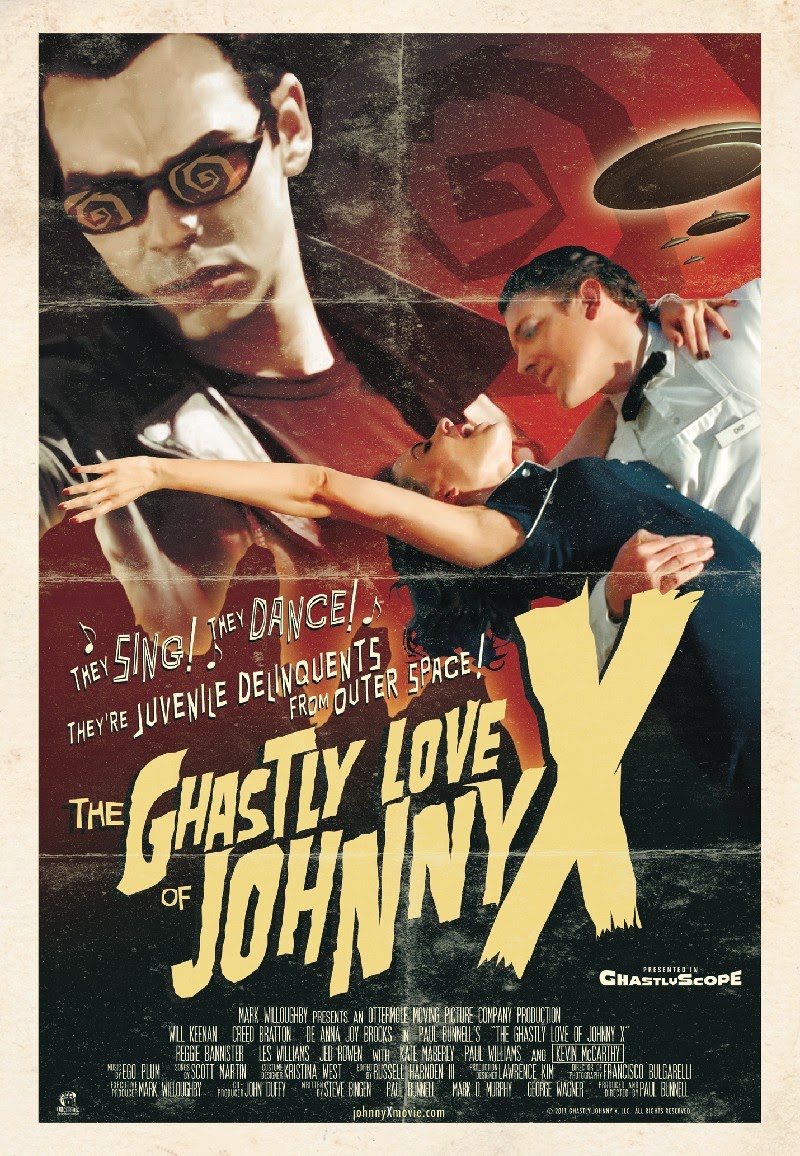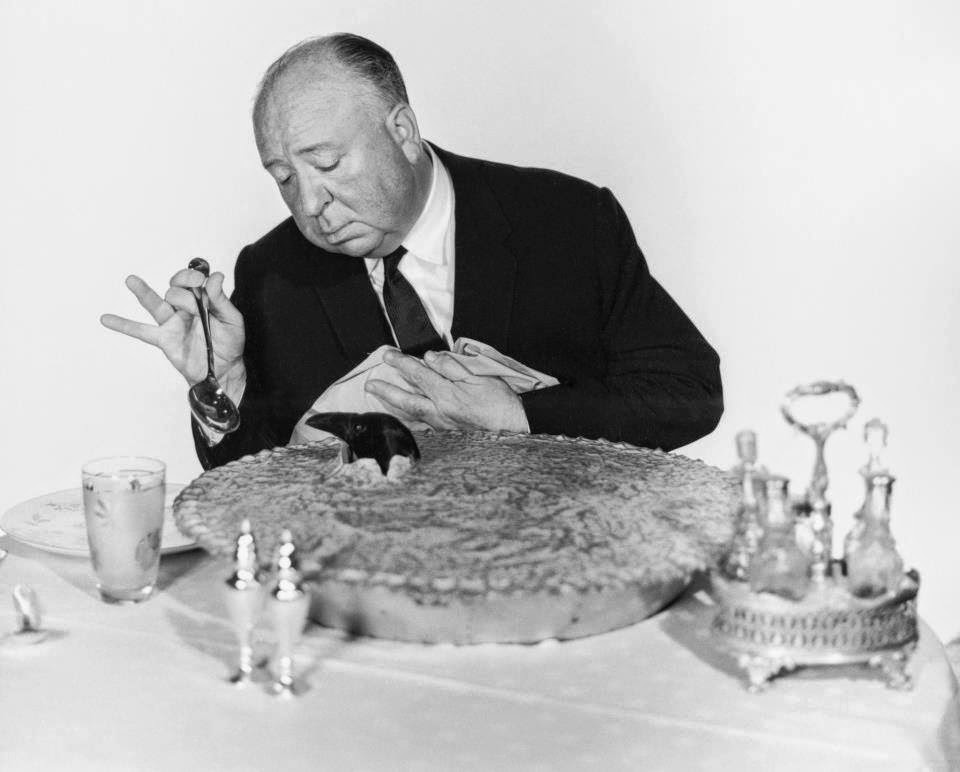About the Author
Andy Ross is Andy Ross, which is nothing to sneeze at. A noted writer, poet, raconteur, humorist, and recording artist, Mr. Ross was born in the late 1800s in the sleep village of Idaho, Wyoming, to a family of Alpaca Farmers. Always with an interest in the arts, at the age of seven is when Mr. Ross wrote his first piece of writing, the poem “A Child's View of an Alpaca.” After college—in the 1940s—Mr. Ross then began writing farm reports for his hometown paper—The Idaho Seeker.
His work at The Idaho Seeker would get noticed by National Geographic, who would ask Mr. Ross to be their Alaska Correspondent. There he would write what is considered by many to be among the finest pieces of nature journalism ever written. The most celebrated of which are his “Tundra Trilogy” that is comprised of the pieces: “The Moose Get Up At Dawn”, “Starlight on the Snow”, and “No, Seriously, I Can't Feel my Toes.” Leaving Alaska in the early 1950s, Mr. Ross would spend time in New York City as a Broadway Show critic for The Times.
Growing tired of the newspaper grind, Mr. Ross would end his critic phase in 1958, moving to Nashville in order to become host of a local TV talent program. “Andy Ross's People Who Can Barely Sing And Are on TV” would air for only two years, but during this two year period is when Mr. Ross met David Pitt. Together Pitt and Ross would soon become a well known songwriting duo around Music Row. Rumor's began to circulate that Mr. Ross was interested in recording an album. Virtually unknown as a singer, it was struggling label Painted Glass Records that would offer Mr. Ross the chance to record a single—not an album.
Mr. Ross's first release would be a Country song he composed with Mr. Pitt: “I Love Her But She Can't Play The Bongos.” The single would fail to chart, however Painted Glass still had faith Mr. Ross could be their first breakout start, and cautiously signed him to a two album contract. Released in 1969, his debut album “It Only Hurts When I Cry” would sell reasonable well, spawning the low charting single “Autumn Wisps.” The real breakthrough, for both Mr. Ross and Painted Glass Records, would come in his decision to change from Country to Pop music. His second album, 1970's “The Many Moods of Andy” would be a critical and commercial success, spawning four top ten singles: “It Hurts To Be Alone”, “Sunshine Makes The Morning Happen”, “I Wonder Who She Is” and “My Eyes Are Up Here.” The success of these singles would save Painted Glass from bankruptcy.
Mr. Ross would leave the recording industry in the early 1980s, which would lead him to his popular restaurant chain “Andy's Ham Hovel.” This would end in the mid 1960s, when he would sell the business, and slowly begin making a return to writing—first with his best selling autobiography “It Only Hurts When I Type.” In 2006, after teaching songwriting at Harvard, Mr. Ross would accept a columnist position with The Loafer, based out of Johnson City, Tennessee. It is there that Mr. Ross would come full circle, and remains to this day.
Mr. Ross may be reached for speeches and other appearances through his agent, Thomas Locke at Locke-n-Lode Talent.



Comments
Post a Comment